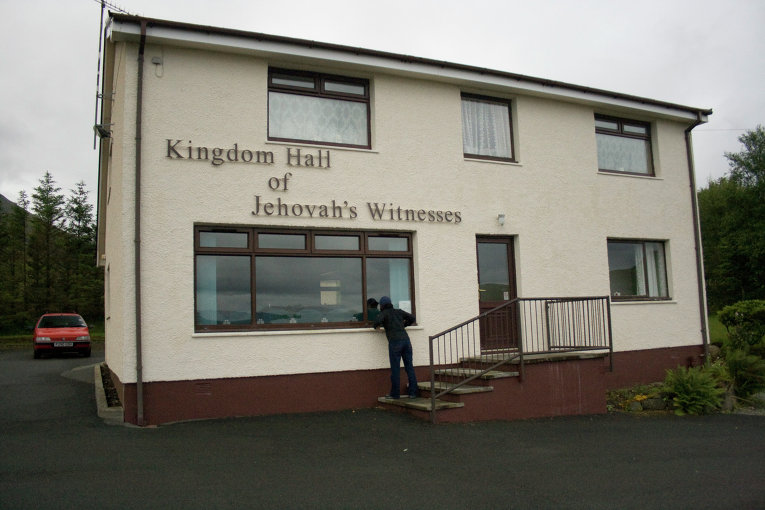MOSCOW, August 22 (RAPSI) – The Sverdlovsk Regional Court in Russian Ural has declared booklets of the Jehovah’s Witnesses extremist, RIA Novosti reported on Monday.
The court thus upheld a lower court’s ruling.
According to court records, in January 2015, representatives of the Jehovah’s Witnesses organization distributed religious reading materials at one of the shopping malls in Serov town, the Sverdlovsk region. Booklets were sent to several examinations which found that materials contain statements aimed to stir up hatred and enmity against other religions.
The Serov City Court has granted prosecutors’ motion and declared the booklet extremist. The Jehovah’s Witnesses members appealed the ruling arguing that seizure of the reading materials constituted a violation of their civil rights.
Jehovah’s Witnesses have had many legal problems in Russia.
On June 16, The Supreme Court of Russia on Thursday declared “The Jehovah’s Witnesses of Stary Oskol” in the Belgorod Region an extremist organization and ruled to liquidate it.
On June 9, the court banned the Jehovah’s Witnesses of Belgorod as extremist organization.
In March 2015, a court in Tyumen fined the organization 50,000 rubles ($782) and seized prohibited literature.
In January 2014, a court in Kurgan ruled to ban the organization’s booklets as extremist. The books talk about how to have a happy life, what you can hope for, how to develop good relations with God and what you should know about God and its meaning.
In late December 2013, the leader of the sect’s group in Tobolsk, Siberia was charged with extremism and the prevention of a blood transfusion that nearly led to the death of a female member of the group.
In 2004, a court in Moscow dissolved and banned a Jehovah’s Witnesses group on charges of recruiting children, encouraging believers to break from their families, inciting suicide and preventing believers from accepting medical assistance.
Jehovah's Witnesses is an international religious organization based in Brooklyn, New York. Since 2004 sever branches and chapters of the organization were banned and shut down in various regions of Russia.



